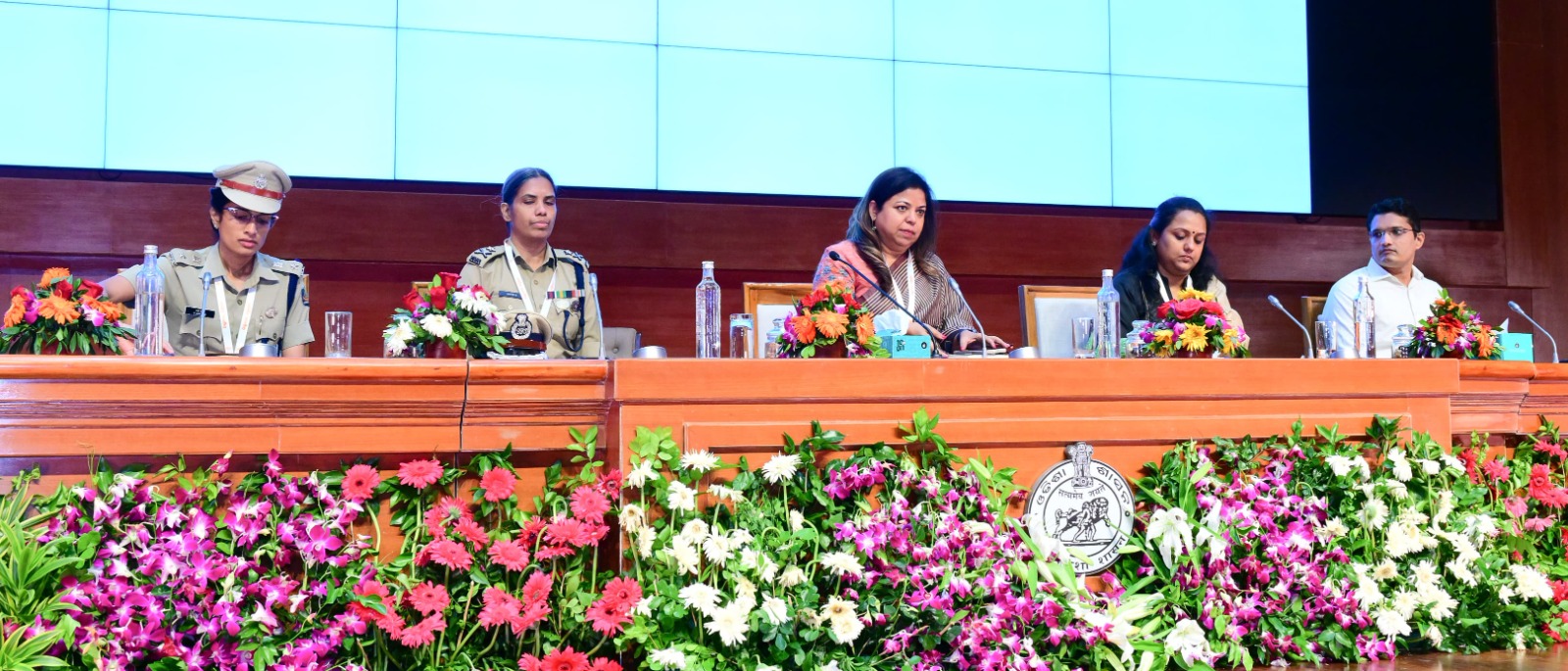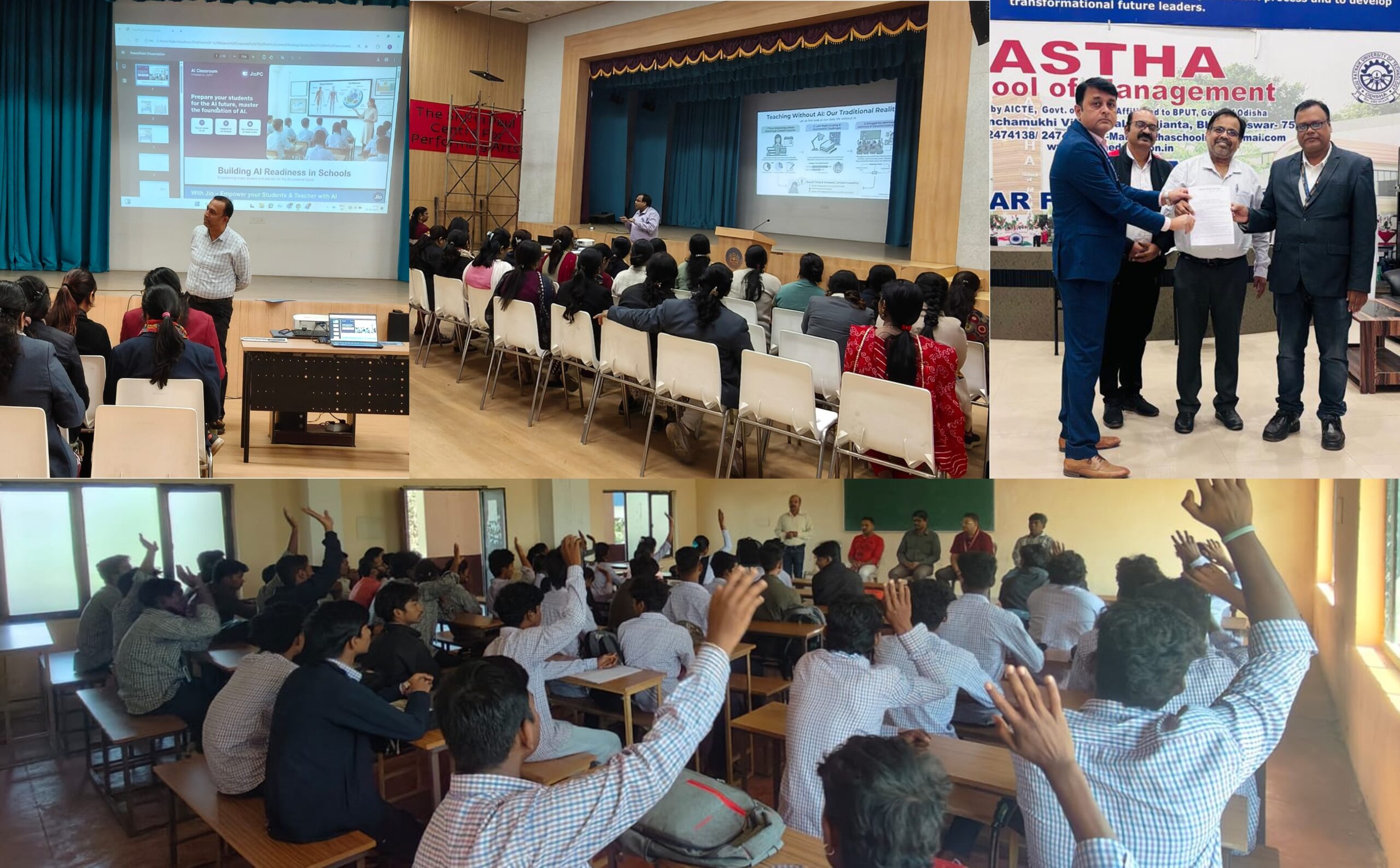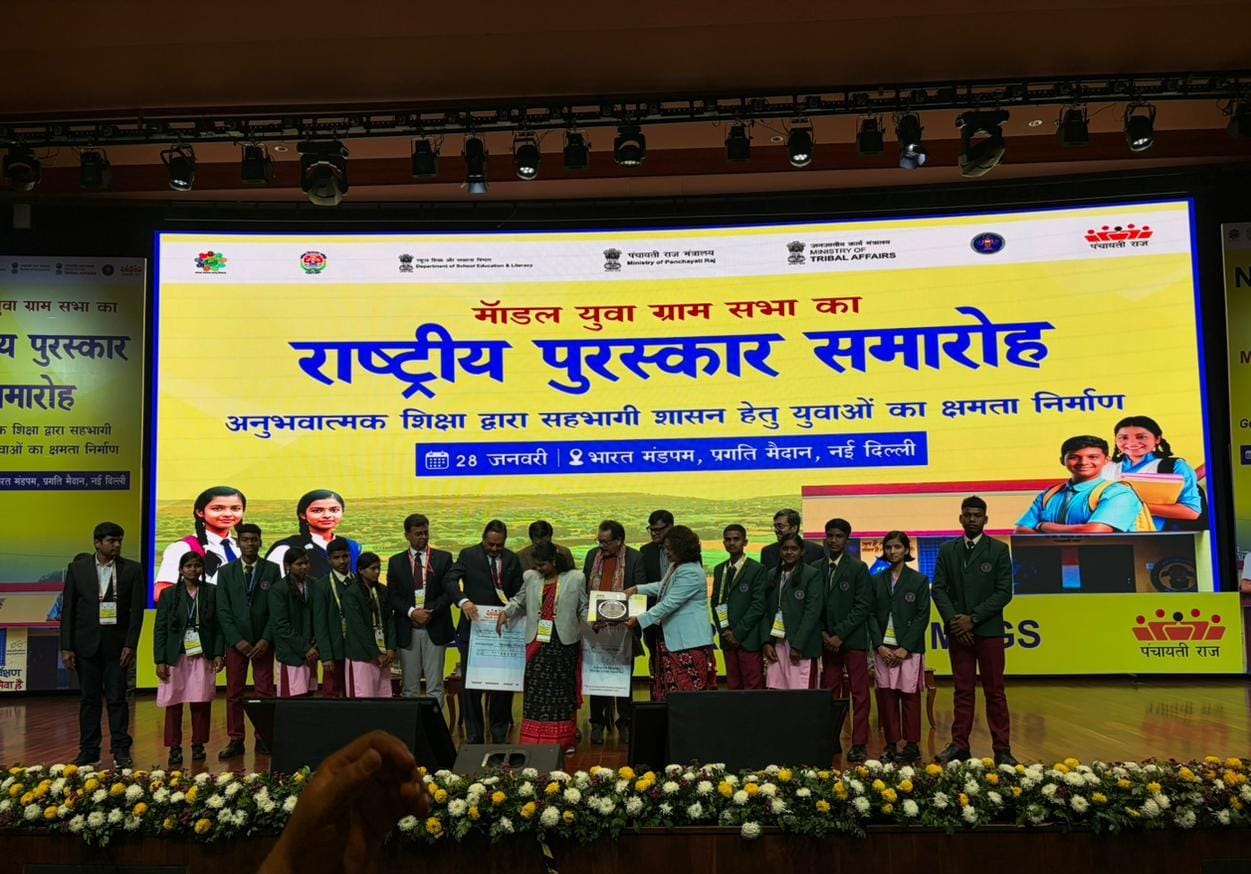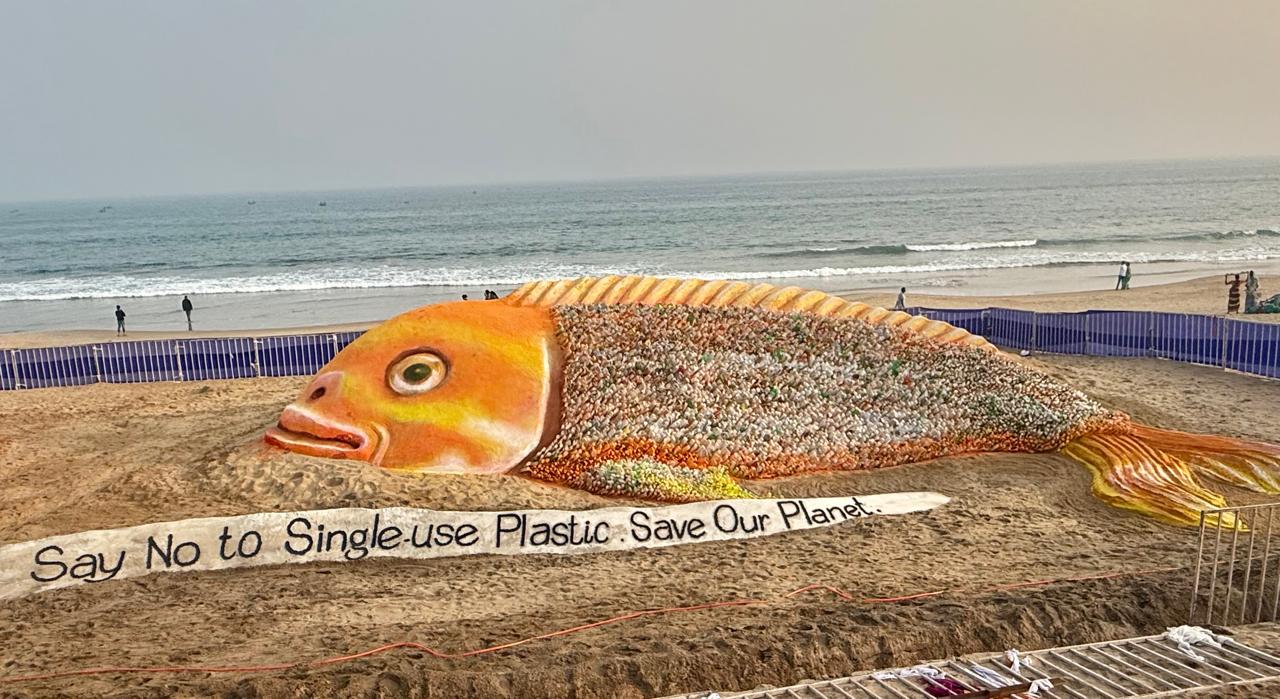Bhubaneswar: A special session focused on strengthening inter-departmental coordination to enhance women’s safety in Odisha was convened today, on the second day of the two-day conference of District Collectors and Superintendents of Police (SPs). The session, led by Chief Minister Mohan Charan Majhi, brought together senior officials from various departments, highlighting the state’s commitment to tackling crimes against women.
The session, attended by Special Secretary of the Home Department Santosh Bala, Inspector General of Police (IGP) Shyni S, Director of Women & Child Development Monisha Banerjee, Cuttack Collector Dattatreya Bhausaheb Shinde, and Mayurbhanj SP S Susree, emphasized the need for a unified approach in ensuring the safety and security of women.
Odisha Police and Crimes Against Women
IGP Shyni S delivered a detailed presentation on the role of the police in addressing crimes against women. She highlighted a troubling trend, revealing that a significant portion of such crimes in Odisha are committed by relatives of the victims. To combat this, she urged police officers to increase the capacity of local police stations and improve their responsiveness in handling these cases.
She also stressed the importance of empathy and appropriate behavior from police personnel when dealing with complainants, particularly women, who come forward seeking help. “Police officers must be sensitive to the challenges that women face and provide support in a compassionate manner,” she said.
Government Schemes for Women’s Welfare
Monisha Banerjee, Director of Women & Child Development, outlined several state initiatives aimed at protecting women, including Helpline-181, One Stop Centres, Shakti Sadan, and Sakhi Niwas. She emphasized the importance of effective management of internal complaints committees to prevent sexual harassment in the workplace. Banerjee expressed optimism about Odisha’s ability to lead the nation in women’s safety by improving coordination among departments and implementing these schemes effectively.
Tracking and Addressing Grassroots-Level Crimes
Cuttack Collector Dattatreya Bhausaheb Shinde proposed a system of monthly reports that would document grassroots-level crimes. These reports would be analyzed at various administrative levels to track crime trends and evaluate the success of interventions aimed at protecting women. “This would enable us to act quickly on emerging patterns and refine our strategies,” Shinde noted.
Challenges in Tribal Areas
Mayurbhanj SP S Susree spoke about the particular difficulties faced in addressing crimes against women in tribal-dominated regions. She outlined the importance of community engagement and stronger law enforcement to reduce such incidents. “We must involve local communities in creating awareness and support systems to protect women in tribal areas,” she said.
Call for Gender Sensitization
Special Secretary Santosh Bala concluded the session by stressing the importance of educating men on gender sensitivity. She highlighted that reducing violence against women requires a fundamental change in mindset among men. “Only by promoting gender sensitization can we create a safer environment for women in our society,” Bala remarked.





